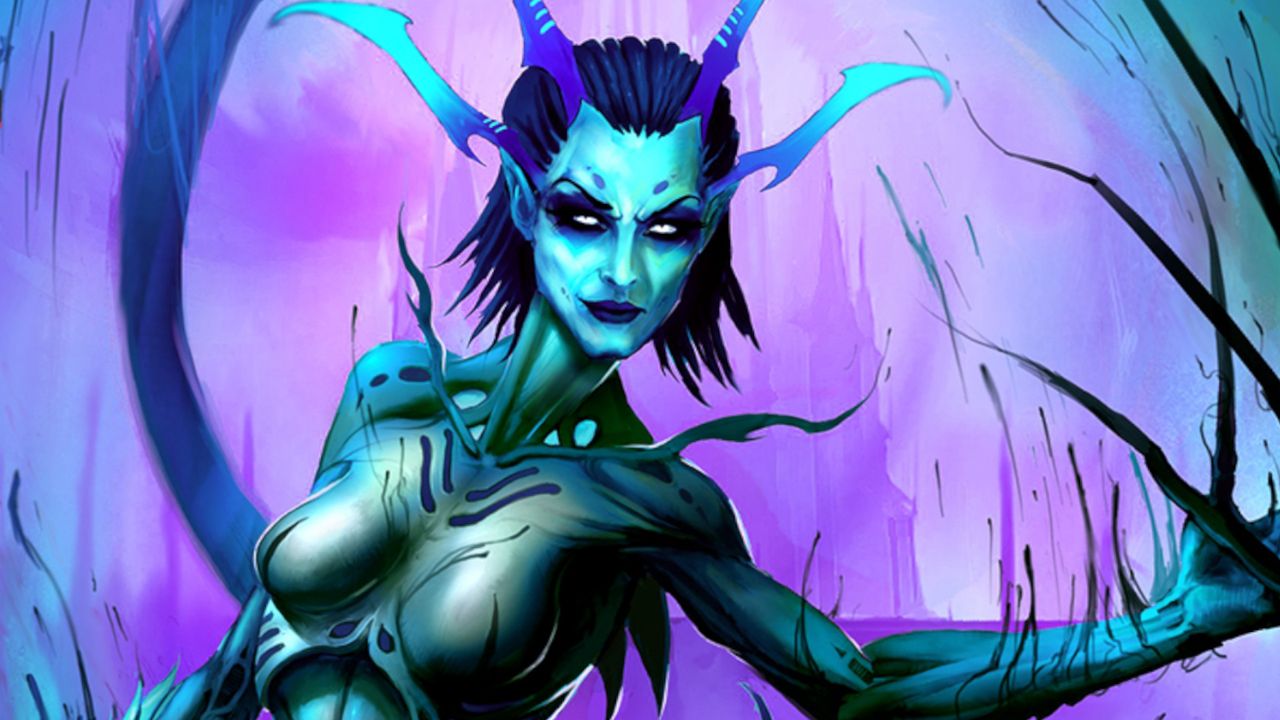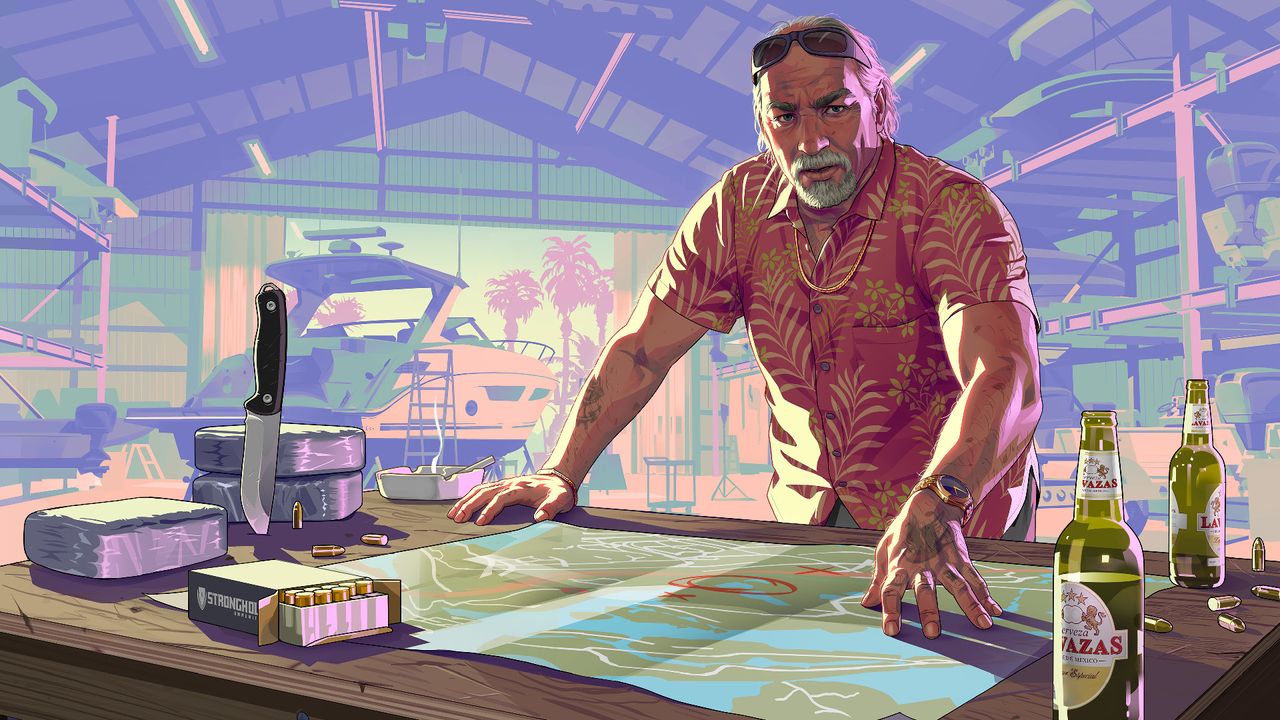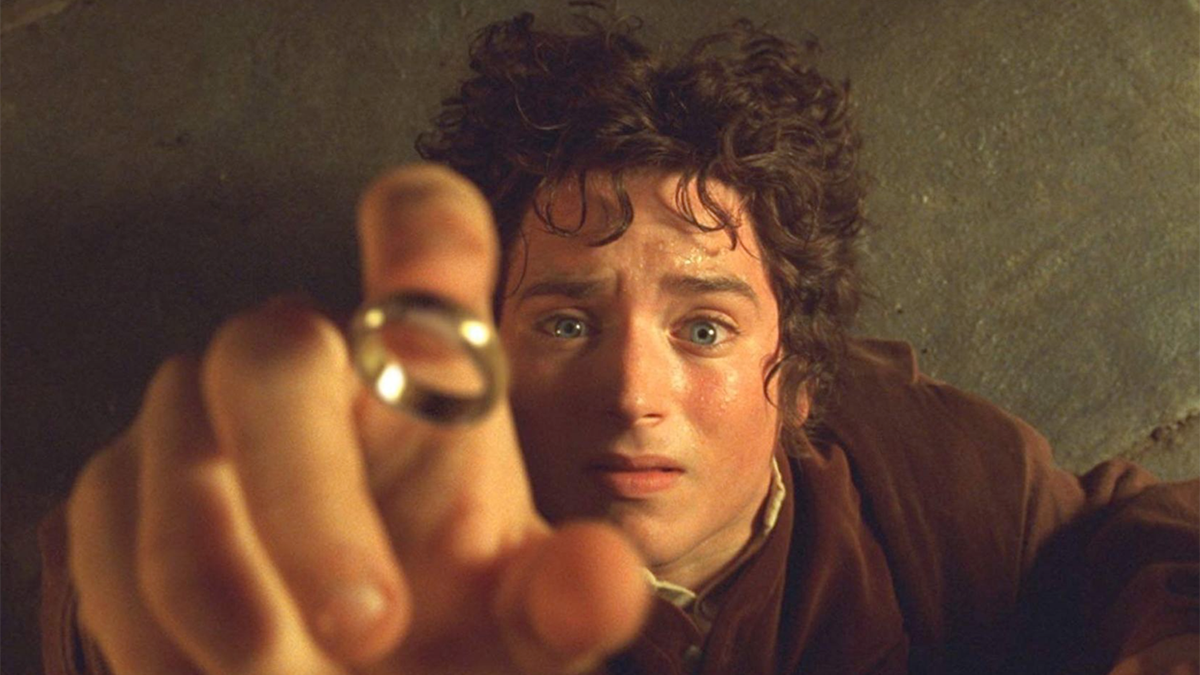Fallout co-creator Tim Cain's long list of "nitpicky" D&D questions for Wizards of the Coast in 2002 might help explain why Larian wanted to move on from the tabletop license after Baldur's Gate 3

The reasons for the success of Baldur's Gate 3 were many, and one of those factors was its use of the Dungeons and Dragons license. D&D had exploded in popularity since RPG developers were last making games based on the ruleset, and suddenly we had a great video game welcoming in that new generation of fans. Why would Larian want to give up that advantage? Well, a fresh history lesson from RPG legend Tim Cain shows the constraints that D&D can hang on a video game project.
Cain is best known for creating the concept for Fallout and leading the original game's development, but he also led a notable D&D game: 2003's The Temple of Elemental Evil. Directly based on the D&D 3.5 module of the same name, it was arguably the most faithful adaptation of the tabletop game ever made, replicating almost every little rule and character build option you could ask for.
But, as Cain notes in a new YouTube video, that faithfulness created its own issues. Tons of very tiny issues, in fact, which forced Cain to draft an email to D&D publisher Wizards of the Coast with "very detailed, even nitpicky" questions about some extremely specific things.
Those questions include things like: Which prestige classes should be supported? Should classes that don't benefit from specific feats be able to get them anyway? Should skills like perform that don't have an in-game benefit be adapted? Should players be able to multiclass at character creation with two level zero classes? If a monk scores a critical hit with shocking grasp, is the damage doubled for the spell or the melee strike?
On and on the list goes, also delving into lore issues specific to the Temple of Elemental Evil module. These questions "illustrate the difficulties of converting a paper and pencil module into a computer game," Cain explains.
"Because you can't have questions lingering. Every question you have about the module has to be answered or you just don't put that thing into the computer game. Computers can't wing it. When anyone ever says, 'Well, this is at DM's discretion,' you have to decide right then what your discretion is. The computer has to know. You have to put in a rule for it. You have to put in a dialogue line for it. You have to put in a creature who responds a certain way. You can't wing it."
This is the exact kind of issue Larian boss Swen Vincke alluded to when he explained why the studio would part ways with the D&D license for its next title. "There were a lot of constraints in making D&D, and the 5th Edition is not an easy system to put into a video game," Vincke said, and the team wanted to build fresh combat systems that weren't necessarily compatible with those rules.
Vincke isn't alone in suggesting that D&D rules can be an albatross for video game makers – as much comfort as a familiar game system can bring for tabletop fans, these rules are complicated, and that issue is chiefly undercut by the presence of a DM to smooth out the confusion. Just as Tim Cain found back in the early '00s, a video game is no place to wing it with those rules.
These are the best RPGs out there.
What's Your Reaction?
 Like
0
Like
0
 Dislike
0
Dislike
0
 Love
0
Love
0
 Funny
0
Funny
0
 Angry
0
Angry
0
 Sad
0
Sad
0
 Wow
0
Wow
0







































































